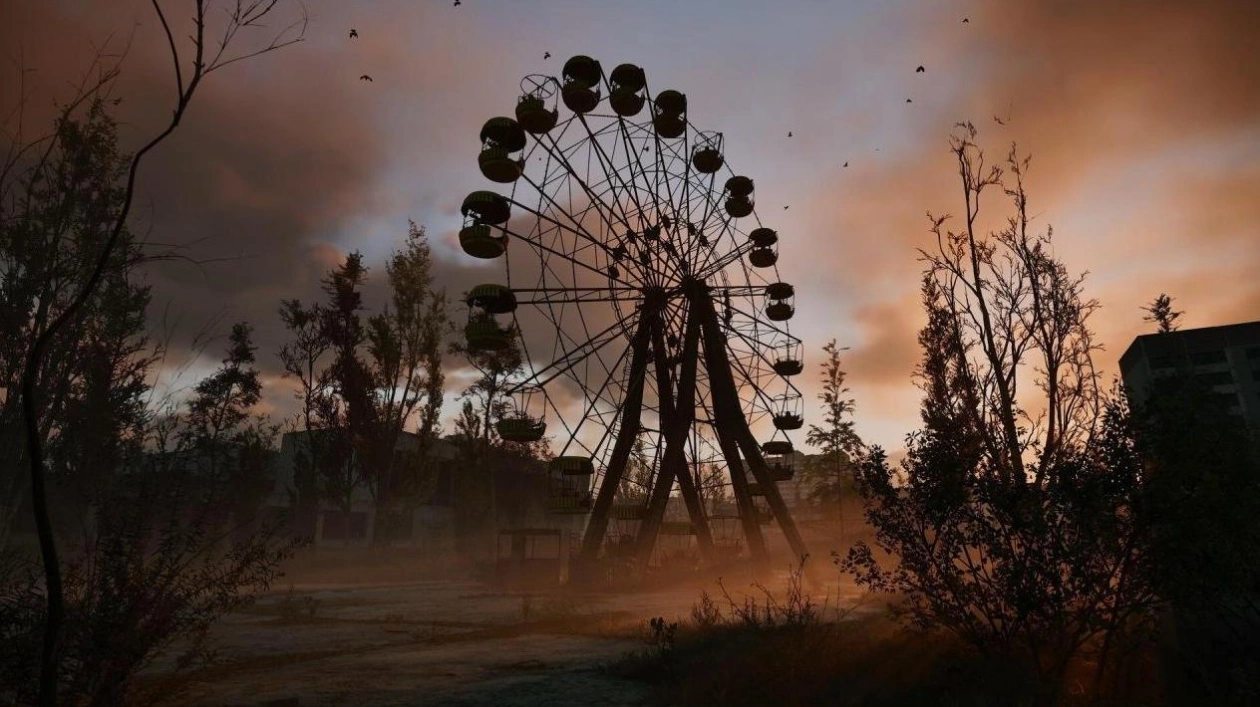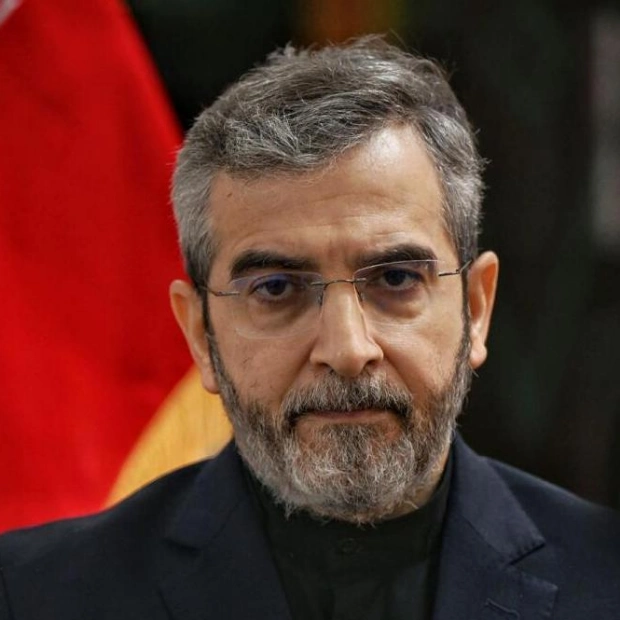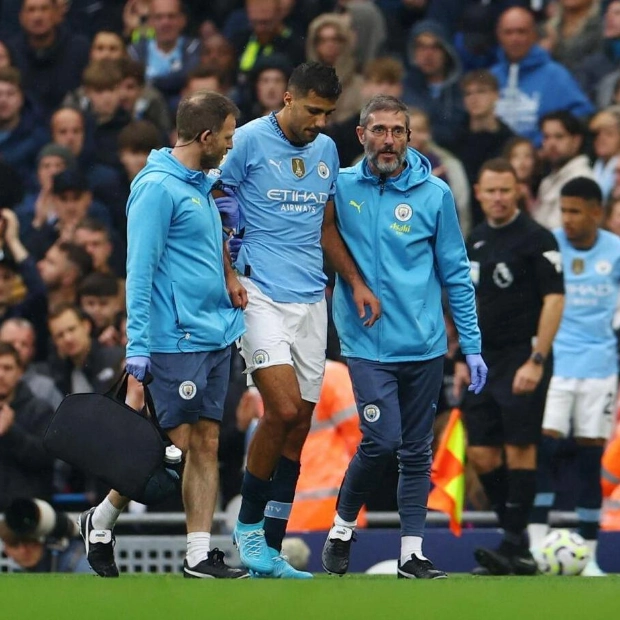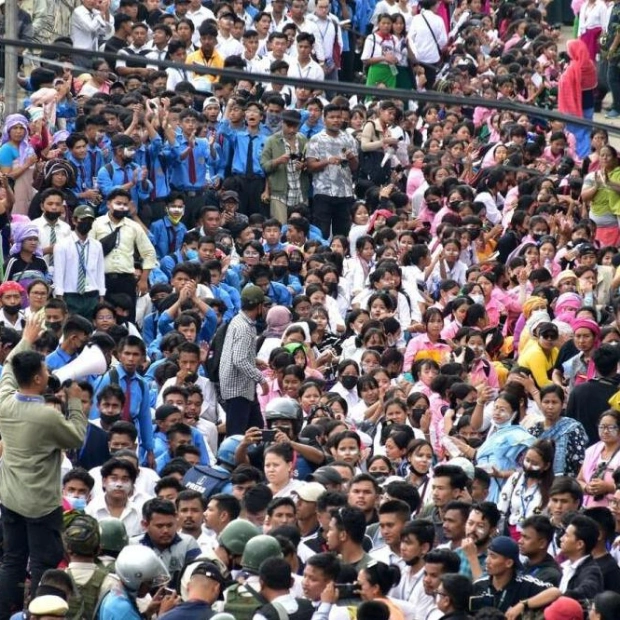Stalker 2: Heart of Chornobyl, the highly anticipated sequel to GSC Game World's 2007 classic, faced multiple delays since its initial announcement in 2010, with a planned launch for 2012. After 14 years, the game is finally here, though its launch wasn't flawless despite strong sales. GSC Game Worlds CEO Ievgen Grygorovych explains the reasons behind this.
"You're so exhausted that you'd collapse if you were asked to run another [development] marathon," Grygorovych said in a recent interview. "We didn't get the chance to do more; we only had the chance to do as much as we could until the release date." He mentioned that future patches and story expansions are possible, but the team opted to stick to the 2024 release date due to the intense exhaustion of the developers, who endured multiple crunch sessions to ensure the game's quality without further delays.
Grygorovych described the mental strain of working under high stress during the game's final months, especially amid the ongoing war in Ukraine, where GSC was originally based. He was surprised by the media's focus on standard details like patch notes, rather than the game's creation amidst war.
Stalker 2's development was significantly impacted by Russia's 2022 invasion of Ukraine. GSC's offices were damaged by a fire from Russian shelling, forcing the team to leave Ukraine to complete the sequel. The game's title reflects the Ukrainian pronunciation of Chornobyl, and the devs created a documentary about their struggle to develop the game during wartime.
Early in the invasion, Russian forces occupied Pripyat, the setting of both Stalker games, defacing the nuclear accident site. The city is now back under Ukrainian control, but the documentary War Game: The Making of Stalker 2 highlights the challenges and heartbreaks faced during development. Half of the team moved to Prague, while the rest stayed in Kyiv, with employee safety a constant concern.
Grygorovych emphasized the importance of reminding people about the situation in Ukraine. "One layer is making the game, aiming to entertain and make it as good as possible. The second is about what we can do for our homeland, as we're in a tough situation. I'd love to stay and make games in my country, but it's nearly impossible now." Despite the media's oversight, his wife Mariia, who also works at the studio, was thrilled by the response from Ukrainian players, who caused nationwide internet outages after the game's release.
"It's a bad thing because the internet is crucial, but it's also like, 'Whoa!'" Mariia said. "For us, what's most important is that some people in Ukraine feel a bit happier now. We did something good for our home country." She acknowledged the game's imperfections but emphasized its soul and the love put into it.
Source link: https://www.gamespot.com






